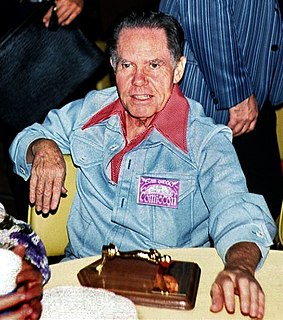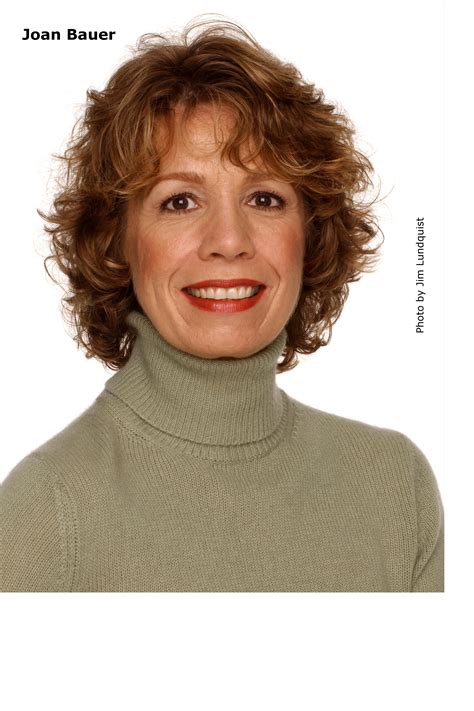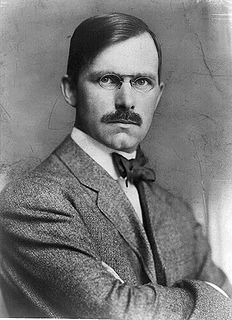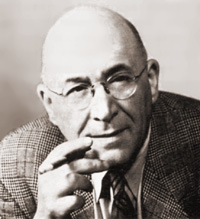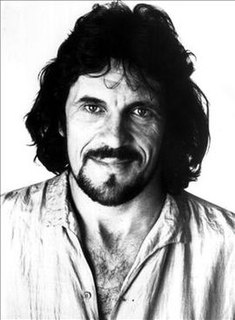A Quote by Kyo Maclear
Bend words. Stretch them, squash them, mash them up, fold them. Turn them over or swing them upside down. Make up new words. Leave a place for the strange and downright impossible ones. Use ancient words. Hold on to the gangly, silly, slippy, truthful, dangerous, out-of-fashion ones.
Related Quotes
I stalk certain words... I catch them in mid-flight, as they buzz past, I trap them, clean them, peel them, I set myself in front of the dish, they have a crystalline texture to me, vibrant, ivory, vegetable, oily, like fruit, like algae, like agates, like olives... I stir them, I shake them, I drink them, I gulp them down, I mash them, I garnish them... I leave them in my poem like stalactites, like slivers of polished wood, like coals, like pickings from a shipwreck, gifts from the waves... Everything exists in the word.
You can say anything you want, yessir, but it's the words that sing, they soar and descend...I bow to them...I love them, I cling to them, I run them down, I bite into them, I melt them down...I love words so much...The unexpected ones...The ones I wait for greedily or stalk until, suddenly, they drop.
For we let our young men and women go out unarmed in a day when armor was never so necessary. By teaching them to read, we have left them at the mercy of the printed word. By the invention of the film and the radio, we have made certain that no aversion to reading shall secure them from the incessant battery of words, words, words. They do not know what the words mean; they do not know how to ward them off or blunt their edge or fling them back; they are prey to words in their emotions instead of being the masters of them in their intellects.
I want you to understand the words. I want you taste the words. I want you to love the words. Because the words are important. But they're only words. You leave them on the paper and you take the thoughts and put them into your mind and then you as an actor recreate them, as if the thoughts had suddenly occurred to you.
One piece of advice can be universally handed out, and it applies equally to speaking, understanding, reading, and writing. If in the course of any of these language activities, you run across words whose meaning or use baffles you, don't by-pass them. Look them up in the dictionary and familiarize yourself with them.
If you have words and want to write music for them, the words hit you with a feeling which you can't really describe in words, and so what you do is to put music to them and in this way you make contact with the words, through the musical thing. It happens when two feelings come together and they do something together and they compliment each other.
Then you would hold me up, wouldn't you." He traced over her features with his fingertips. And as he did, for some strange reason, he felt the arms of infinity wrapping around them both, holding them close... linking them forever. Yes, he mouthed. I would hold you up. I will ever hold you up and hold you dear, lover mine.





